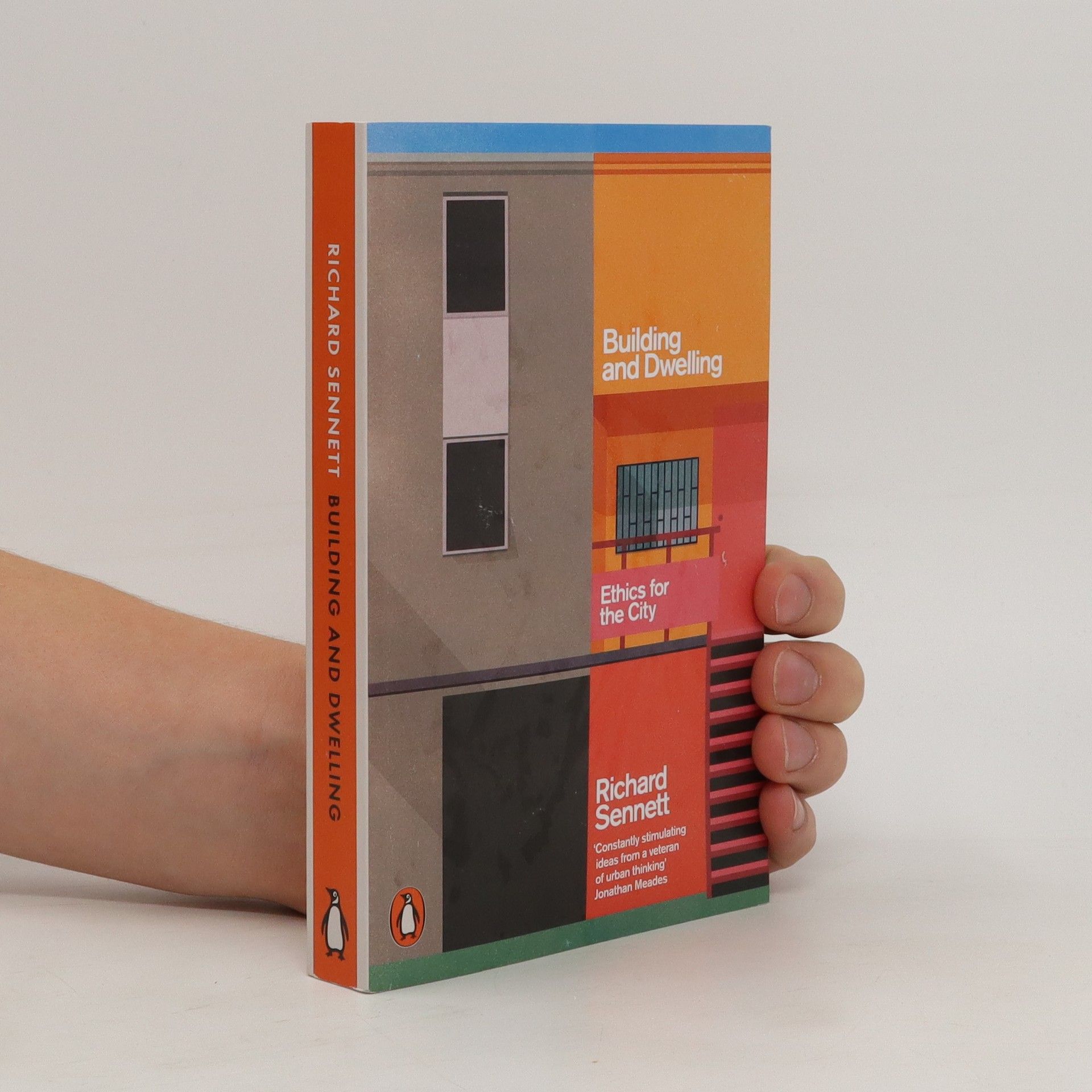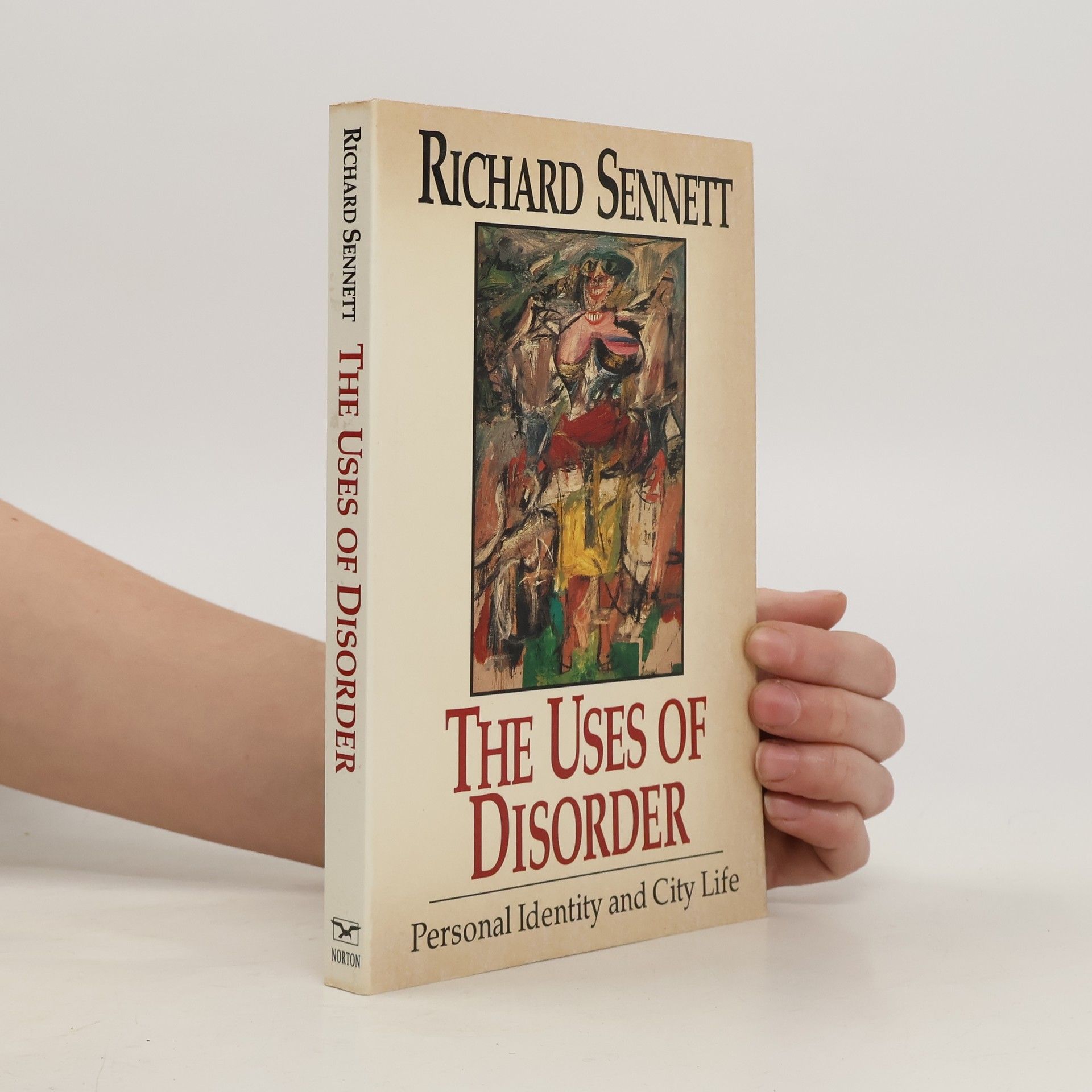Quanto influisce il "capitalismo flessibile" sulle concrete esperienze di vita delle persone? Flessibilità, mobilità, rischio sono le nuove categorie di vita contemporanee. Finisce l'assistenzialismo, la burocrazia si riduce, l'economia si fa più dinamica e spregiudicata, e la vita personale ne risente. Non esistono più stabilità e fedeltà all'azienda, forza del vecchio capitalismo; ora valgono incertezza, perenne innovazione e maggiori, seppur diverse, forme di potere e controllo e diseguaglianze. Tutto questo ha conseguenze importanti nell'autostima dei lavoratori: il senso di fallimento per l'incapacità di rispondere adeguatamente alle nuove sfide erode progressivamente l'integrità dell'io. Si manifesta una sempre crescente distorsione del carattere, i cui requisiti di stabilità, durata e permanenza sono in contrasto con la dinamicità, frammentarietà e mutevolezza del capitalismo flessibile. Lo si vede nei casi, narrati da Sennett, di Rico, figlio "arrivato" di immigrati italiani negli Stati Uniti, o di Rose, un'intelligente e insoddisfatta imprenditrice di mezza età... O dei fornai di un'ipertecnologica panetteria di Boston. E di molti altri come loro, protagonisti di questo drammatico affresco delle micro-realtà quotidiane che sono il prodotto del nuovo capitalismo.
Richard Sennett Libri
Richard Sennett ha esplorato come individui e gruppi danno senso sociale e culturale ai fatti materiali, riguardanti le città in cui vivono e il lavoro che svolgono. Si concentra su come le persone possano diventare interpreti competenti della propria esperienza, nonostante gli ostacoli che la società può frapporre loro. Come analista sociale, Sennett prosegue la tradizione pragmatista iniziata da William James e John Dewey. Indaga la formazione dell'identità nell'ambiente urbano, analizza come il capitalismo moderno trasforma la vita dei lavoratori ed esamina le conseguenze per la responsabilità, la cooperazione e la maestria artigianale.

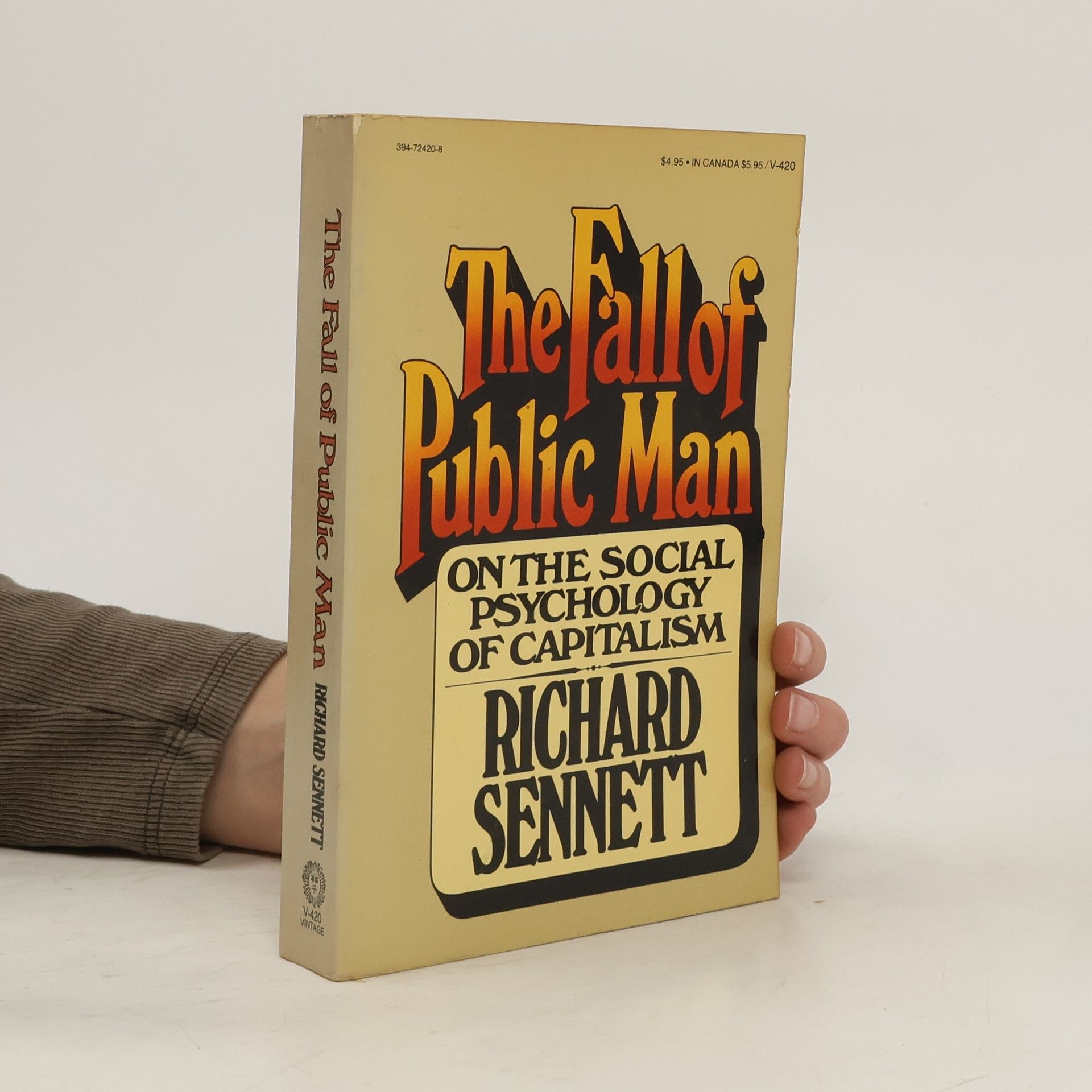

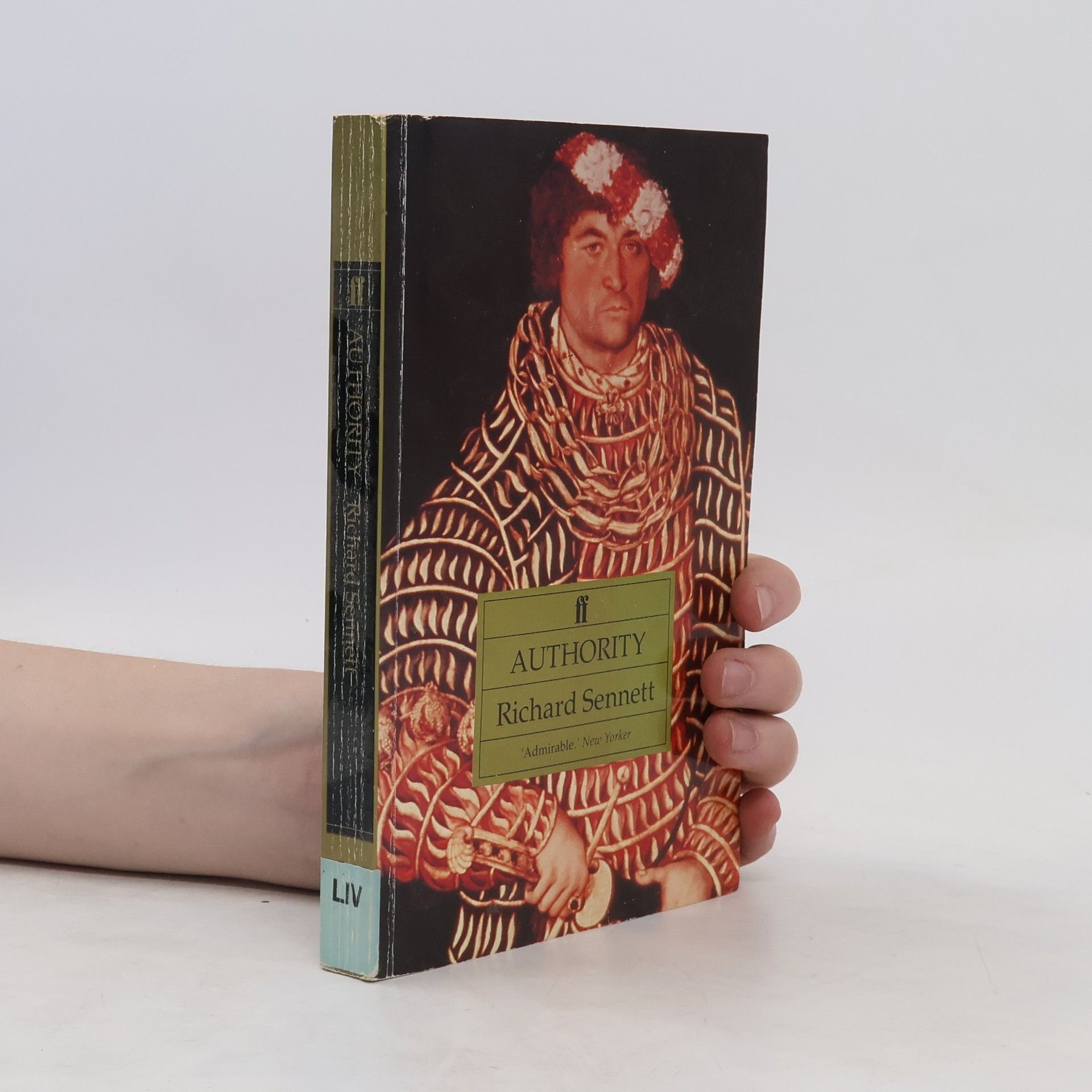


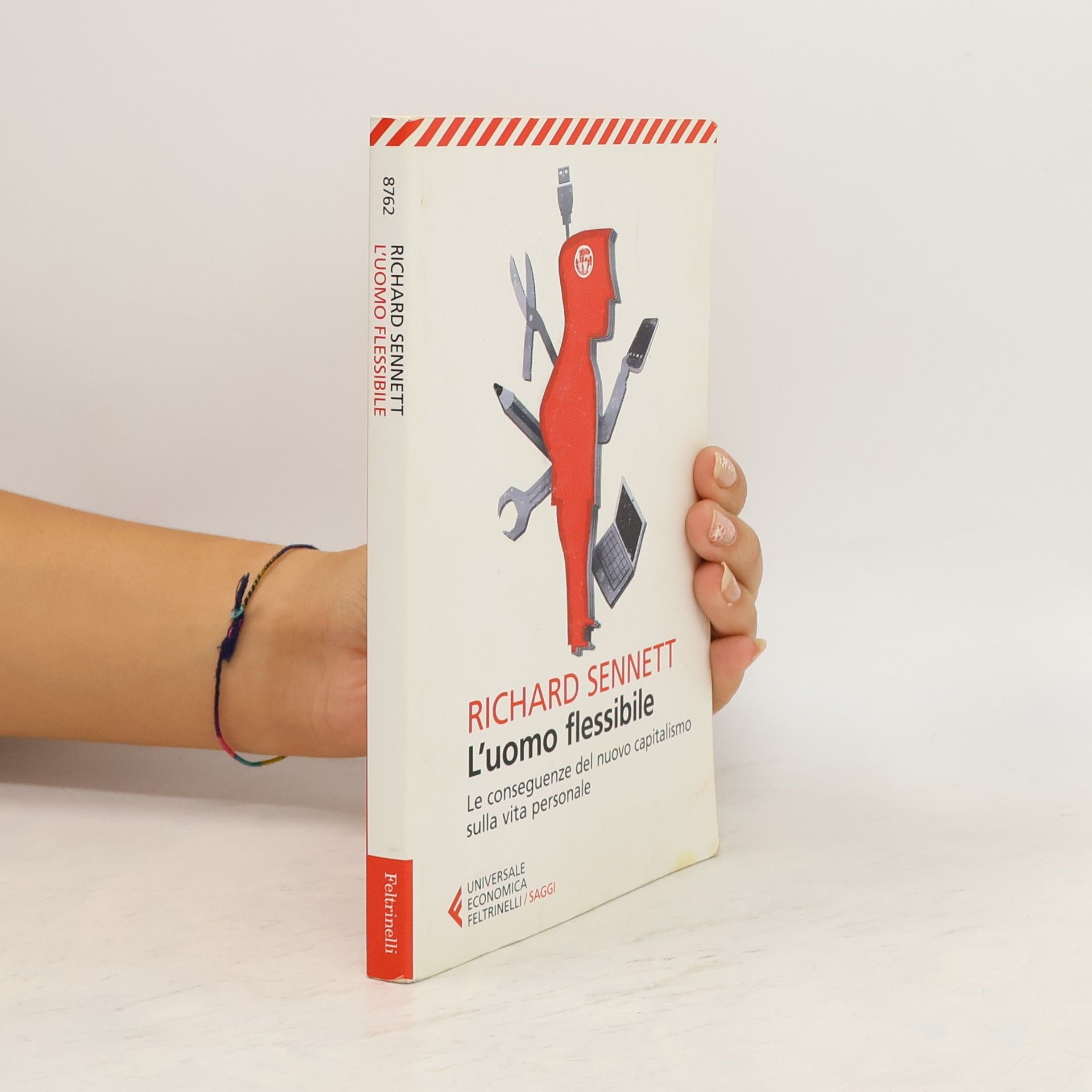
Democracy and Urban Form
- 264pagine
- 10 ore di lettura
Exploring the relationship between architecture and democracy, the book revisits Richard Sennett's 1981 lectures, emphasizing how urban design can influence public discourse. It argues that cities have the potential to either foster or hinder democratic engagement. With contemporary political polarization in mind, the text examines how thoughtful architectural choices can enhance civic dialogue and participation, highlighting the enduring significance of these ideas in today's context.
Conversations with Richard Sennett
- 180pagine
- 7 ore di lettura
Authority
- 224pagine
- 8 ore di lettura
A master of the interplay between politics and psychology, Richard Sennett here analyzes the nature, the role, and the faces of authority—authority in personal life, in the public realm, authority as an idea. Why have we become so afraid of authority? What real needs for authority do we have—for guidance, stability, images of strength? What happens when our fear of and our need for authority come into conflict? In exploring these questions, Sennett examines traditional forms of authority (The father’s in the family, the lord’s in society) and the dominant contemporary styles of authority, and he shows how our needs for, no less than our resistance to, authority have been shaped by history and culture, as well as by psychological disposition.
How to find dignity and a meaningful life in the modern city
Richard Sennett's The Fall of Public Man examines the growing imbalance between private and public experience, and asks what can bring us to reconnect with our communities. Are we now so self-absorbed that we take little interest in the world beyond our own lives? Or has public life left no place for individuals to participate? Tracing the changing nature of urban society from the eighteenth century to the world we now live in, and the decline of involvement in political life in recent decades, Richard Sennett discusses the causes of our social withdrawal. His landmark study of the imbalance of modern civilization provides a fascinating perspective on the relationship between public life and the cult of the individual.
Building and dwelling : ethics for the city
- 368pagine
- 13 ore di lettura
"In this sweeping study, one of the world's leading thinkers about the urban environment traces the often anguished relation between how cities are built and how people live in them, from ancient Athens to twenty-first-century Shanghai. Richard Sennett shows how Paris, Barcelona and New York City assumed their modern forms ; rethinks the reputations of Jane Jacobs, Lewis Mumford and others ; and takes us on a tour of emblematic contemporary locations, from the backstreets of Medellin, Colombia, to the Google headquarters in Manhattan. Through it all, he shows how the 'closed city' - segregated, regimented, and controlled - has spread from the global North to the exploding urban agglomerations of the global South. As an alternative, he argues for the 'open city,' where citizens actively hash out their differences and planners experiment with urban forms that make it easier for residents to cope. Rich with arguments that speak directly to our moment - a time when more humans live in urban spaces than ever before - Building and Dwelling draws on Sennett's deep learning and intimate engagement with city life to form a bold and original vision for the future of cities."--[Source inconnue]
The Performer explores the relations between performing in art (particularly music), politics and everyday experience. It focuses on the bodily and physical dimensions of performing, rather than on words. Richard Sennett is particularly attuned to the ways in which the rituals of ordinary life are performances. The book draws on history and sociology, and more personally on the author's early career as a professional cellist, as well as on his later work as a city planner and social thinker. It traces the evolution of performing spaces in the city; the emergence of actors, musicians, and dancers as independent artists; the inequality between performer and spectator; the uneasy relations between artistic creation and social and religious ritual; the uses and abuses of acting by politicians. The Janus-faced art of performing is both destructive and civilizing. This is the first in a trilogy of books on the fundamental DNA of human expression- performing, narrating, and imaging.
“[Sennett] has ended up writing the best available contemporary defense of anarchism. . . . The issues [he] raises are fundamental and profound. His book is utopian in the best sense―it tries to define a radically different future and to show that it could be constructed from the materials at hand.” –Kenneth Keniston, New York Times Book Review The distinguished social critic Richard Sennett here shows how the excessively ordered community freezes adults―both the young idealists and their security-oriented parents―into rigid attitudes that stifle personal growth. He argues that the accepted ideal of order generates patterns of behavior among the urban middle classes that are stultifying, narrow, and violence-prone. And he proposes a functioning city that can incorporate anarchy, diversity, and creative disorder to bring into being adults who can openly respond to and deal with the challenges of life.
Reissue of the classic text on how cities should be planned
